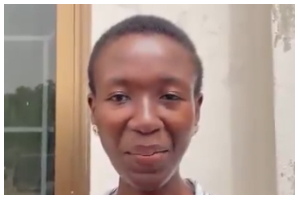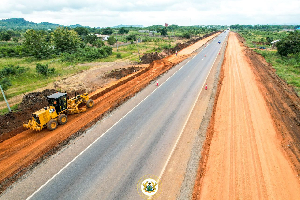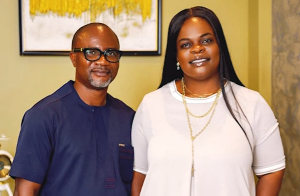Black Stars new coach, Milan Zivadinovic, says he is free to opt out of his contract with the Ghana Football Association (GFA) if within six months, he finds the working conditions unsuitable.
In an interview with the Graphic Sports during the week, the Yugoslav coach explained that there is a clause in his contract that enables either himself or the GFA, to terminate the contract if either party is not satisfied with the progress made after six months.
He outlined certain conditions that he expects to be met if the national team is to develop under his guidance and focused heavily on the need for cooperation among all the stakeholders in Ghana football.
“At the moment, the President (Ben Koufie) and I are working in perfect harmony but Ghanaian football is not just me and him, it also includes clubs, players, coaches, press and the fans. All these constituents must work together to form a strong team, if I don’t see this cooperation after six months, I will opt out of the contract.”
As a result, he says, he has set out a definitive prerequisite if his stay in this country is to extend beyond the initial six months of his contract. Early signs, he insisted, are positive, stating that “we currently have a strong team, it is a good start.”
In pursuit of his team-building agenda, the coach will begin a 15-day European tour on Sunday to meet a number of Ghanaian internationals playing abroad. The schedule, confirmed by a member of his management team, incorporates visits to Greece, Germany, Holland and Turkey and is seen by Mr Zivadinovic as an opportunity to continue his programme of player assessment and to organise a series of friendly matches, with the Greek national team top on the list.
It is clear that a wide range of players will be tried and tested over the coming months in order for the coach to gain a thorough understanding of the talent at his disposal and the arrangement of friendly matches is seen as an essential part of this process. In addition to his European trip, a sequence of training camps have been scheduled, the first of which has been in progress this week and featured a selection of locally based players.
On return from the overseas tour, a second camp, also consisting of home-based players, will take place on 3 August. A final camp will then be held for the foreign-based players later. From these sessions, the squad will take shape in preparation for the African Nations Cup qualifying match against Uganda on 8 September and the Olympic Under-23 team, who have a match scheduled for 22 September.
Reassuring, his blueprint for the future focused considerably on the progress he believes can be made with the present crop of Ghana football talent. Despite the 2-0 defeat in a recent friendly against Slovenia he declared himself “very satisfied with the players,” although he clearly acknowledged the work that needs to be done.
“Ghanaian players are good for the future, they have talent but the problem is that they don’t have professional conditions, they often play like they would in the street. My goal is to bring more professionalism to the players’ approach to the game, this involves conditioning the players with good training involving exercises, tactics and a high level of discipline.”
Mr Zivadinovic pointed to the high profile success of Dutchman Gus Hiddink, who preached similar principles to the footballers of South Korea, as a recent justification of this philosophy. He re-emphasised the need for discipline as a fundamental issue and went on to say, “talent is only 10 per cent, hard work and discipline make up the other 90 per cent. Without work there is nothing.”
The new boss, who officially began work on 7 June 2002 also took a firm stance over the issue of favouritism stating explicitly that there would be “no preferences to players playing inside or outside of Ghana.” The guarantee that players plying their trade in the national league will be considered on the same level as those playing in Europe is undoubtedly a boost to the domestic scene.
Part of the Yugoslav’s job description revolves around the running of the Olympic Under-23 team and when Graphic Sports asked side for the senior squad, the response was a clear indication of his plans: “there will not be much mixing between the Olympic team and the senior team; we will build two strong separate squads.”
His proposals include selecting 10 or 11 players aged 20-21 and eight or nine older players to complete a full squad. Following the Stars’ good performance against Slovenia he also declared that there were “nine or 10 players from the Slovenia game that will form part of the Olympic squad.”












